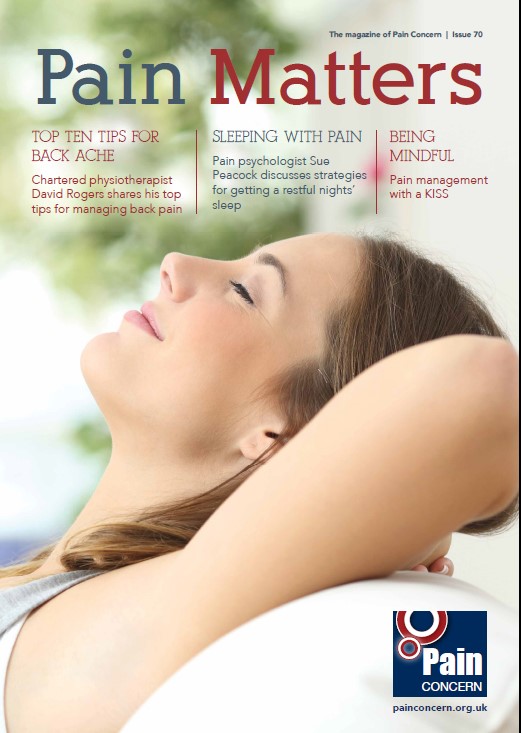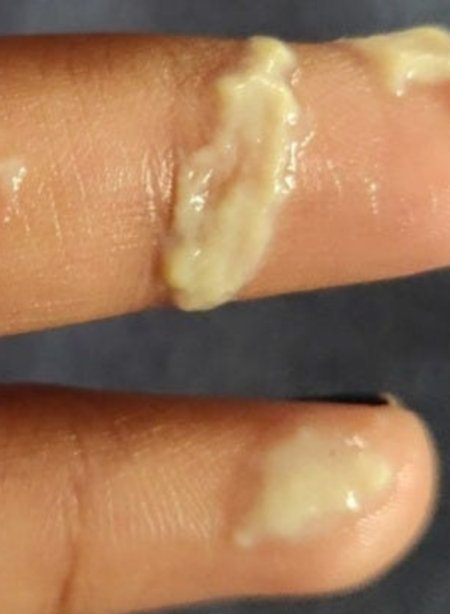Pain, whether physical or emotional, is an inevitable part of the human experience. However, there are various strategies and techniques one can employ to alleviate and manage pain effectively.
- Medication Management: Consult with a healthcare professional to determine the appropriate pain medication for your condition. Over-the-counter options like acetaminophen or ibuprofen can help with mild to moderate pain, while stronger prescription medications may be necessary for severe pain.
- Physical Therapy: Work with a physical therapist to develop a personalized exercise and stretching regimen aimed at strengthening muscles, improving flexibility, and reducing pain.
- Heat and Cold Therapy: Apply heat packs or cold compresses to the affected area to help reduce inflammation and soothe sore muscles. Alternate between heat and cold therapy based on the type of pain you’re experiencing.
- Mind-Body Techniques: Practice relaxation techniques such as deep breathing, meditation, or guided imagery to help manage pain by reducing stress and promoting a sense of well-being.
- Massage Therapy: Consider regular massage sessions to help relax tense muscles, improve circulation, and alleviate pain. Professional massage therapists can target specific areas of discomfort for maximum relief.
- Acupuncture: Explore acupuncture, a traditional Chinese medicine practice that involves inserting thin needles into specific points on the body to alleviate pain and promote healing. Many people find acupuncture helpful for managing chronic pain conditions.
- Diet and Nutrition: Maintain a healthy diet rich in anti-inflammatory foods such as fruits, vegetables, whole grains, and omega-3 fatty acids. Avoiding processed foods, sugary snacks, and excessive caffeine can help reduce inflammation and manage pain.
- Topical Treatments: Use topical creams, gels, or patches containing ingredients like menthol, capsaicin, or lidocaine to provide localized pain relief. These products can be applied directly to the skin over the affected area.
- Cognitive Behavioral Therapy (CBT): Consider CBT, a type of psychotherapy that focuses on changing negative thought patterns and behaviors associated with pain. CBT can help you develop coping strategies, improve self-esteem, and reduce the impact of pain on your daily life.
- Lifestyle Modifications: Make lifestyle changes such as maintaining proper posture, practicing good sleep hygiene, staying hydrated, and avoiding activities that exacerbate your pain. By making healthy choices, you can better manage pain and improve overall well-being.
Overall, managing pain effectively often requires a combination of approaches tailored to individual preferences and the nature of the pain.
By exploring different techniques and working closely with healthcare providers, individuals can take proactive steps towards minimizing pain and improving their quality of life.







